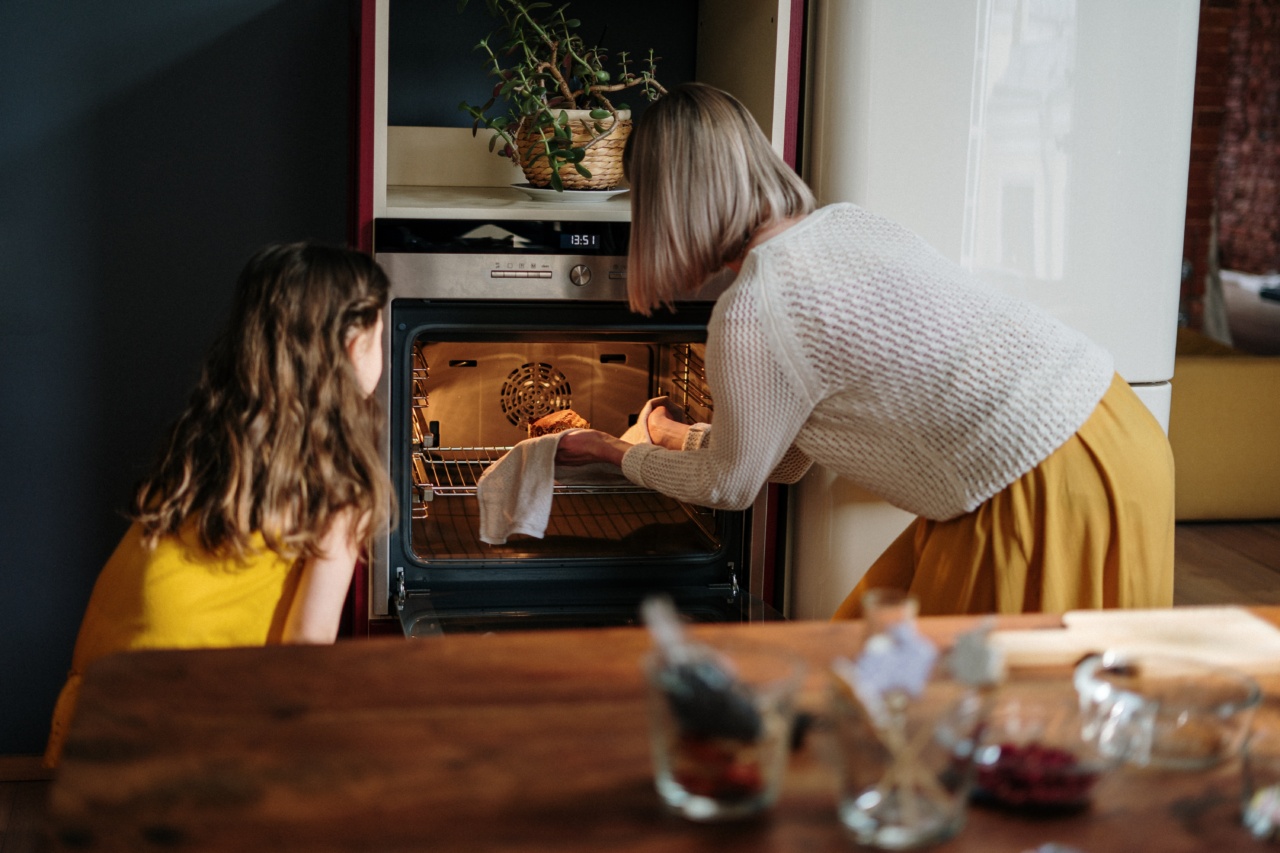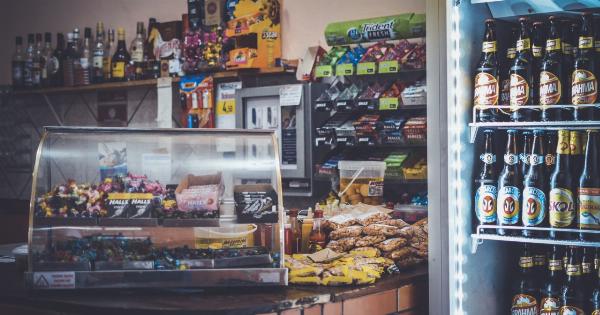Refrigeration plays an essential role in preserving the freshness and quality of most foods. However, not all foods benefit from being refrigerated. Some foods can spoil faster or lose their flavor or texture when stored in the fridge.
Here are six types of foods that should never be refrigerated.
Bananas
Bananas are a tropical fruit that thrive in warm temperatures. When bananas are exposed to cold temperatures, the ripening process slows down, and the skin may turn brown. The coldness also affects the texture of the fruit, making it mushier.
If you want to speed up the ripening process, store bananas in a warm place, such as on the countertop, or in a paper bag. To keep them fresh for longer, you can also wrap the stems of multiple bananas with plastic wrap, separating them from each other.
Tomatoes
Tomatoes are a staple ingredient in many dishes and are commonly refrigerated to extend their shelf life. However, when tomatoes are kept in the fridge, their texture and flavor can be affected.
The cold air can cause the flesh to become mealy and tasteless. To keep tomatoes fresh, store them at room temperature. If you have cut tomatoes that you are not using immediately, it is best to keep them in an airtight container in the fridge to prevent them from spoiling.
Avocados
Avocados are a nutrient-dense fruit that are high in healthy fats and fiber. Like bananas, avocados should not be refrigerated until they are ripe.
If you have ripe avocados that you are not using, you can keep them in the fridge to extend their shelf life. However, if you store unripe avocados in the fridge, they will not ripen properly. The cold temperature slows down the ripening process, causing the avocado to rot before it becomes soft and ready to eat.
To ripen avocados, store them at room temperature or place them in a paper bag with an apple or banana, which produces ethylene gas that speeds up the ripening process.
Potatoes
Potatoes are a versatile and nutritious staple that can be cooked in various ways. However, when potatoes are stored in the fridge, it can turn the starches into sugar, causing them to taste sweeter.
The sugar can also cause the potatoes to darken when they are cooked. Instead of the fridge, keep potatoes in a cool, dry, and dark place, such as a pantry or cupboard. To prevent them from sprouting, store them away from onions and garlic, which can cause them to spoil faster.
Bread
Bread is a pantry staple that is often refrigerated to keep it fresh for longer. However, storing bread in the fridge can make it dry and stale faster than it would at room temperature.
Instead of the fridge, keep bread in a breadbox or an airtight container on the countertop. If you buy a lot of bread and want to freeze it, wrap it tightly in plastic wrap and store it in the freezer for up to three months.
Coffee
Coffee is a popular beverage that many people enjoy drinking throughout the day. However, coffee should not be refrigerated because it can absorb moisture and odors from the fridge, affecting its flavor.
The best way to keep coffee fresh is to store it in an airtight container at room temperature in a cool, dry place, away from direct sunlight and moisture. If you have ground coffee that you are not using immediately, you can also freeze it for up to a month to retain its freshness.
Conclusion
Not all foods benefit from being stored in the fridge. Some foods can spoil faster or lose their flavor or texture when exposed to cold temperatures.
By knowing which foods to keep at room temperature, you can ensure that they stay fresh and nutritious for longer. Bananas, tomatoes, avocados, potatoes, bread, and coffee are just a few examples of foods that should never be refrigerated.































